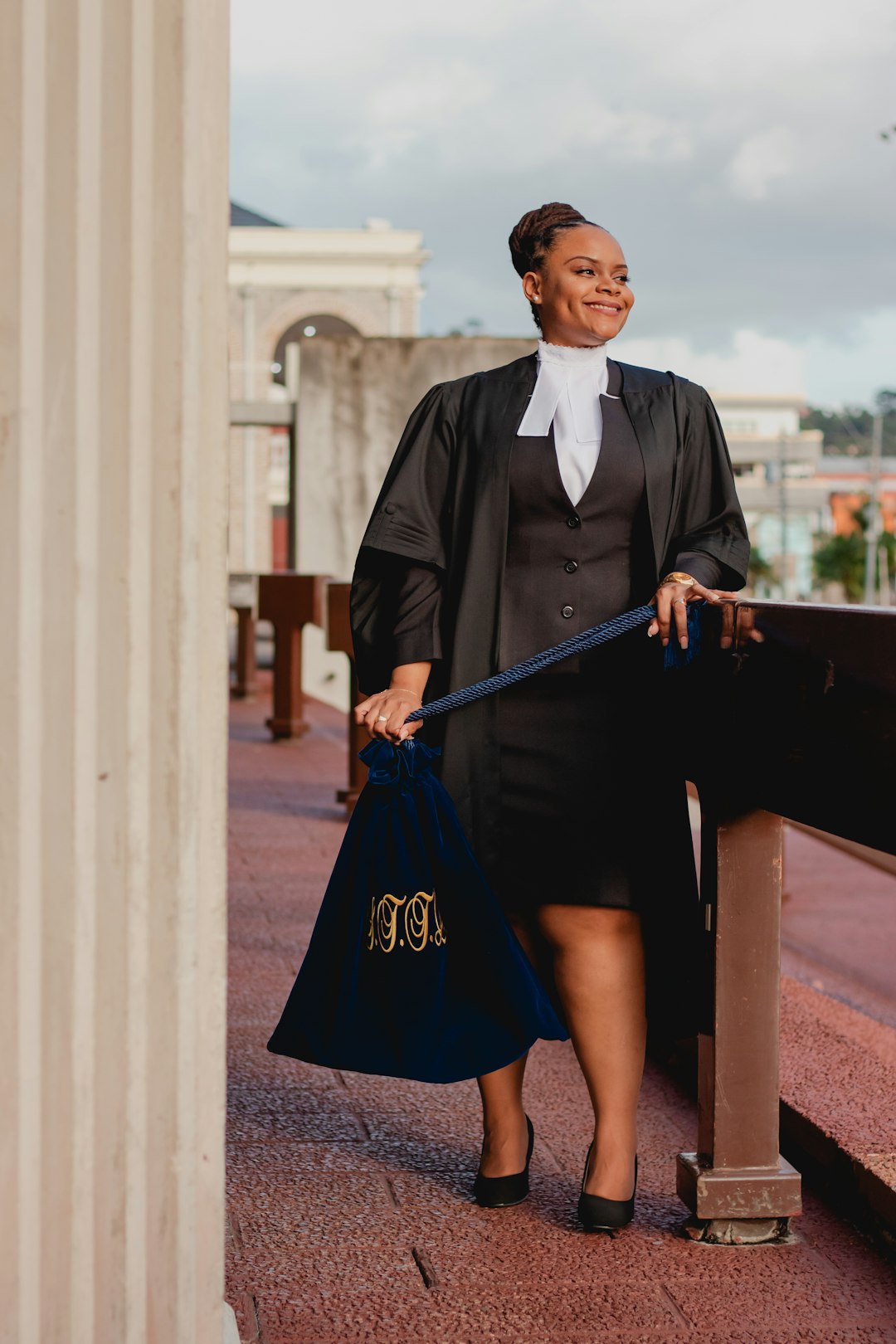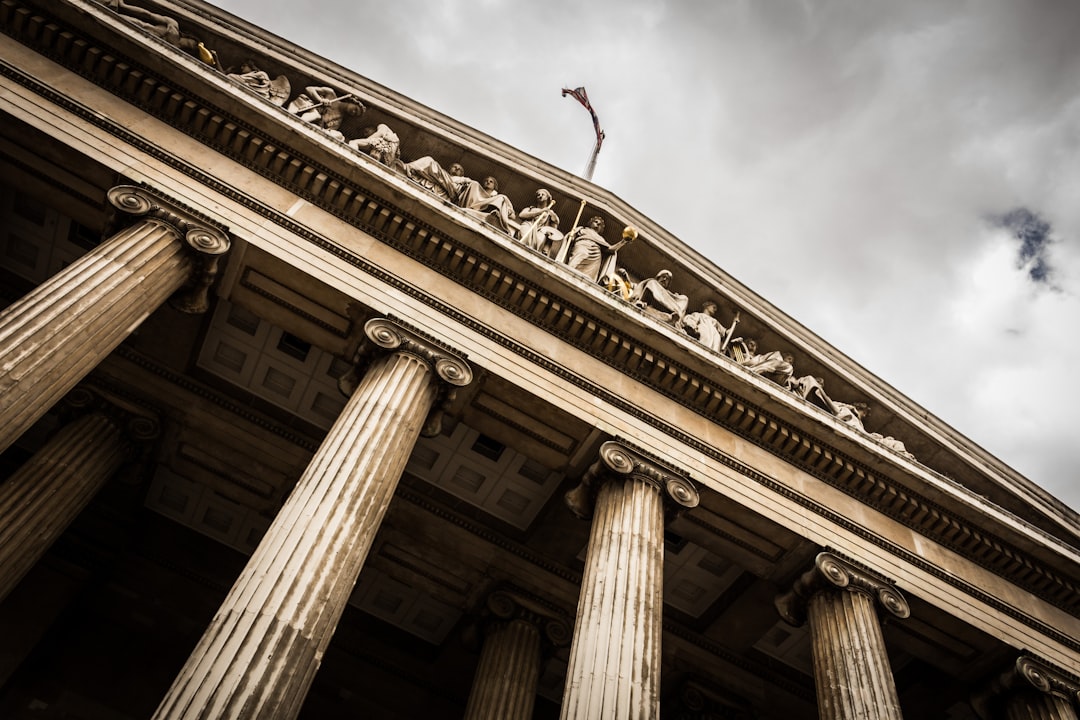Sexual abuse attorneys in Mississippi play a vital role in combating institutional grooming and protecting vulnerable individuals, especially minors, by navigating complex legal cases and holding institutions like schools, churches, and youth organizations accountable. The state's laws, including the Mississippi Sexual Offender Registration Act, establish clear boundaries around consent and institution responsibilities, ensuring transparency and justice for victims. These attorneys help manage individuals convicted of grooming-related offenses and guide clients through identification processes. Duty of care concepts hold institutions liable for foreseeable risks, including sexual misconduct. In institutional settings, sexual abuse attorneys navigate legal challenges with digital evidence and victim hesitation, advocating for effective prevention strategies like staff training, clear reporting protocols, and secure spaces to safeguard residents.
In institutions like churches, schools, and youth organizations, grooming by predators often goes unnoticed until it’s too late. This introduction explores the legal landscape surrounding institutional grooming in Mississippi, focusing on Jackson cases. From the state’s sexual abuse laws to institution liability, this article delves into crucial considerations for sexual abuse attorneys. We examine challenges in admitting evidence and offer best practices for prevention, emphasizing the duty of care institutions owe their vulnerable charges. Understanding these legal frameworks is vital for holding perpetrators accountable and safeguarding future victims.
Legal Framework for Institutional Grooming Cases in Mississippi

In Mississippi, the legal framework for addressing institutional grooming cases is shaped by state laws and regulations designed to protect vulnerable individuals, particularly minors. Sexual abuse attorneys in Mississippi play a crucial role in navigating these complex cases, where allegations of grooming often involve powerful institutions like schools, churches, or youth organizations. The state has implemented strict guidelines and reporting requirements to combat sexual exploitation and abuse, ensuring that organizations are held accountable for any failures in protection.
Key laws, such as the Mississippi Sexual Offender Registration Act, outline procedures for identifying and managing individuals convicted of sexual offenses, including those involved in grooming. These legal provisions aim to protect communities by providing transparency and enabling victims to seek justice. A sexual abuse attorney in Mississippi can guide clients through these legal processes, ensuring that institutions are held liable for their actions or inactions in cases of grooming and sexual misconduct.
Understanding the Role of Jackson's Sexual Abuse Laws

In the context of grooming in institutional settings, Jackson’s Sexual Abuse Laws play a pivotal role in protecting individuals, especially children, from predatory behavior and exploitation. These laws were enacted to address the growing concern of sexual abuse within various institutions, such as schools, churches, and other organizations that hold positions of trust and authority. A sexual abuse attorney in Mississippi is crucial for navigating these complex legal frameworks, ensuring that victims’ rights are upheld and perpetrators face justice.
The legislation focuses on establishing clear guidelines regarding consent, age of consent, and the responsibilities of institutions to prevent and report sexual misconduct. By understanding and enforcing these laws, Mississippi has taken significant steps towards holding accountable those who engage in grooming behaviors and protecting its residents, particularly vulnerable children, from sexual abuse.
Duty of Care and Institutional Liability

In institutional settings, such as schools, churches, or care facilities, the well-being and safety of individuals under their care are paramount. The concept of duty of care plays a pivotal role in establishing liability for any harm or injury that occurs. A sexual abuse attorney Mississippi can help navigate these complex legal waters. When an institution fails to exercise reasonable care in protecting its residents or clients from foreseeable risks, it may be held liable. This includes implementing adequate policies and procedures to prevent and address potential instances of sexual misconduct or abuse.
Institutional liability arises when there is a breach of this duty of care, leading to injuries like sexual abuse. For instance, inadequate background checks, lack of training for staff on recognizing and reporting suspicious behavior, or insufficient supervision can all contribute to creating an environment where such crimes can occur. Sexual abuse attorneys in Mississippi are increasingly involved in cases that shed light on these institutional failings, advocating for victims and holding perpetrators and responsible entities accountable.
Challenges in Admitting Evidence in Grooming Cases

Grooming cases, especially those involving institutional settings like schools or churches, present significant challenges when it comes to admitting evidence. This is largely due to complex legal issues surrounding privacy, consent, and the potential for coercion or manipulation. As a sexual abuse attorney in Mississippi knows, establishing a clear chain of custody for digital evidence, such as messages or photos, can be intricate. Defense attorneys often challenge the admissibility of this type of evidence, arguing that it was obtained unlawfully or without proper authorization, making it inadmissible under the law.
Additionally, the sensitive nature of grooming cases means that victims may be reticent to come forward and testify, further complicating legal proceedings. This necessitates strategic approaches from sexual abuse attorneys in Mississippi to ensure that evidence is properly collected, preserved, and presented in court. Effective advocacy in these cases requires a deep understanding of both the legal framework governing evidence admission and the unique dynamics at play when addressing historical or hidden forms of sexual abuse.
Best Practices and Prevention Strategies for Institutions

Institutions, including schools, youth organizations, and care facilities, play a critical role in implementing best practices and prevention strategies to mitigate the risk of sexual abuse. A robust approach involves comprehensive training for staff members on recognizing signs of abuse, establishing clear protocols for reporting incidents, and fostering an environment that encourages open communication from individuals who may be vulnerable. Regular reviews of policies and procedures can help identify gaps and ensure compliance with legal frameworks aimed at protecting children and vulnerable adults.
Additionally, institutions should promote a culture of consent and respect through educational programs and activities. Teaching individuals about personal boundaries, healthy relationships, and the consequences of non-consent can empower them to protect themselves. Effective prevention strategies also include implementing access controls, conducting thorough background checks on staff and volunteers, and providing secure spaces where individuals feel comfortable sharing concerns or experiences without fear of retaliation. For those in Mississippi seeking legal counsel regarding institutional grooming cases, consulting a sexual abuse attorney is advisable to understand the applicable laws and advocate for justice.






